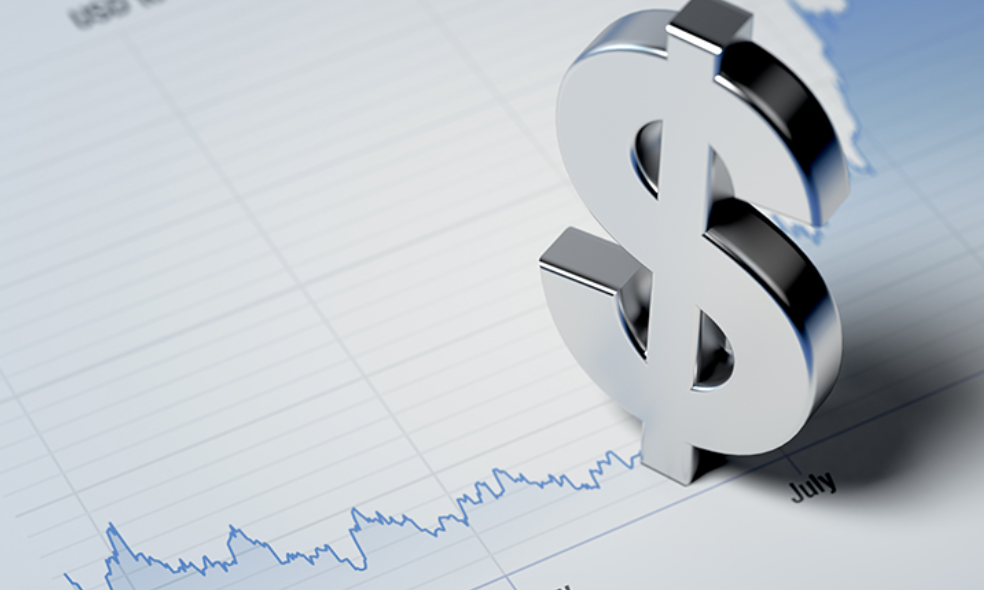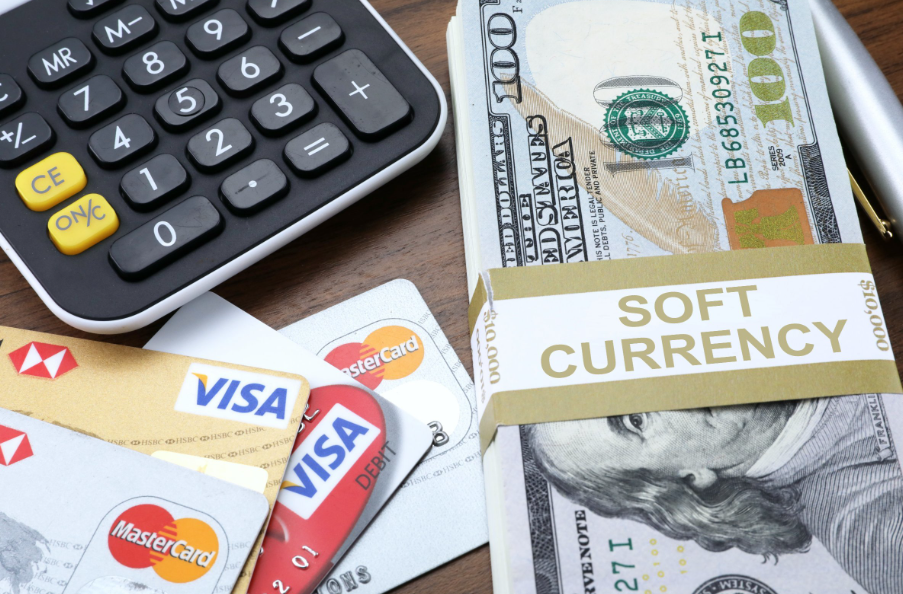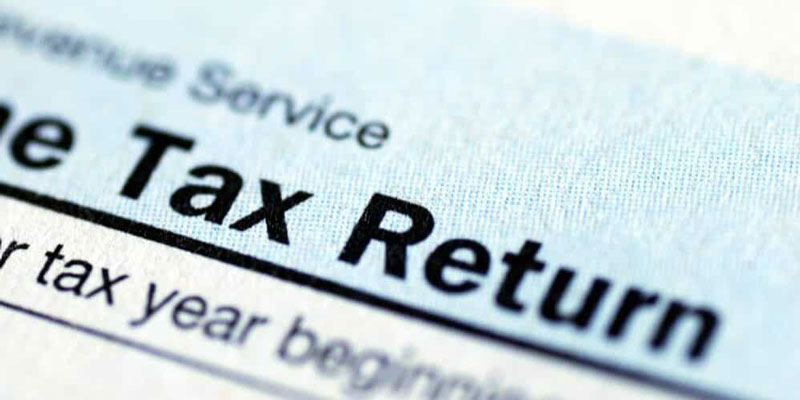When it comes to money, it's more than just the green stuff in your wallet or the numbers in your bank account. There's a whole world of finance, and getting lost in the jargon and complexities is easy. But don't worry; we're here to help you understand everything, starting with one fundamental concept: hard currency.
In this article, we'll break down what hard currency is, give you some examples to chew on, and help you understand how it stacks up against its counterpart, soft currency. So, let's get started on this financial adventure!
What Is Hard Currency?
Let's begin with the basics. Hard currency is often thrown around in finance, but what does it mean? Well, think of hard currency as the reliable and sturdy backbone of the global monetary system. It's like the seasoned traveler in the currency world – dependable, widely accepted, and not prone to wild swings in value.
Three main features characterize hard currency:
Stability: Hard currencies are known for their stability. Their value doesn't fluctuate wildly, which makes them a safe bet for international trade and investments. This stability is often due to the economic strength and stability of the country issuing the currency.
Widespread Acceptance: Hard currencies are readily accepted in international trade. They're the go-to choice for global transactions, so you'll often find them used for oil trading or major purchases between countries.
Convertibility: Hard currencies are easily exchangeable for other currencies. People have confidence in their ability to convert hard currency into local money without much hassle or loss in value.
Examples of Hard Currency
Now that we have a better grasp of what hard currency is let's take a look at some real-world examples to make things even clearer:
United States Dollar (USD): The greenback is probably the most famous hard currency. It's widely accepted around the globe, and many countries hold substantial reserves of US dollars.
Thanks to the economic strength of the United States, the USD has earned its reputation as a stable currency. Its role as the world's primary reserve currency is often used in international contracts, making it a cornerstone of global finance.

Euro (EUR): The Euro is another prominent hard currency. It's the official currency of 19 of the 27 European Union countries, making it a key player in international trade. The strong economies of the Eurozone back the Euro's stability. The Euro is often considered a symbol of European economic integration, reflecting the continent's commitment to a unified currency.
Swiss Franc (CHF): Switzerland is known for its precision, and its currency, the Swiss Franc, is no exception. It's considered one of the safest and most stable currencies globally, making it a favorite for investors and traders.
The Swiss Franc's status as a safe-haven currency is reinforced by Switzerland's long-standing political neutrality and robust banking sector, which attracts global investors seeking stability.
British Pound Sterling (GBP): The GBP has a long history as a hard currency. It's widely used in international financial markets and has a strong presence in global trade, thanks to the United Kingdom's economic significance.
As one of the oldest currencies still in use, the pound has a rich heritage, and its exchange rate often reflects the UK's economic health, making it closely monitored by financial analysts worldwide.
Soft Currency vs. Hard Currency
Now that we understand hard currency, let's talk about its counterpart: soft currency. Soft currency is essentially the opposite of hard currency. While the latter is the seasoned traveler, the former is the wanderer, prone to unpredictable journeys.

Here are the key differences between soft currency and hard currency:
Stability: Soft currencies tend to be less stable. Their value can fluctuate significantly over short periods, making them a risky choice for international trade and investments. Economic instability often plagues countries with soft currencies.
Limited Acceptance: Soft currencies are not as widely accepted as hard currencies. They may only be used within the issuing country or have limited acceptance in neighboring nations. This can pose challenges for international trade.
Convertibility Issues: Soft currencies can be difficult to exchange for other currencies. People might be hesitant to accept them due to concerns about their value. In some cases, strict currency controls or restrictions on foreign exchange can limit convertibility.
Why Does Hard and Soft Currencies Matter?
You might wonder why all this talk about hard and soft currency matters. Well, it's essential to understand these concepts because they significantly impact the global economy, international trade, and your own financial decisions.
International Trade: Hard currencies are the preferred choice for international trade. When countries trade with each other, they typically use hard currencies to ensure a stable and reliable exchange of goods and services. This reduces the risk of sudden changes in the currency's value affecting trade.
Investments: Understanding hard and soft currencies is crucial for international investments. Investing in a country with a stable, hard currency can be less risky than investing in a soft and volatile one. Exchange rate fluctuations can significantly impact your investment returns.
Travel: Knowing which currencies are considered hard can be helpful if you're a globetrotter. Carrying hard currency when traveling can make transactions smoother and reduce the risk of unexpected exchange rate losses.
Economic Indicators: For economists and policymakers, the strength of a country's currency, whether hard or soft, can be an important economic indicator. It reflects the overall health and stability of the country's economy.
Conclusion
The distinction between hard and soft currency is like night and day in finance. While hard currency exudes stability and reliability, soft currency dances to a more unpredictable tune. Understanding these concepts is vital whether you're a global business owner, an investor, or planning your next international adventure.




